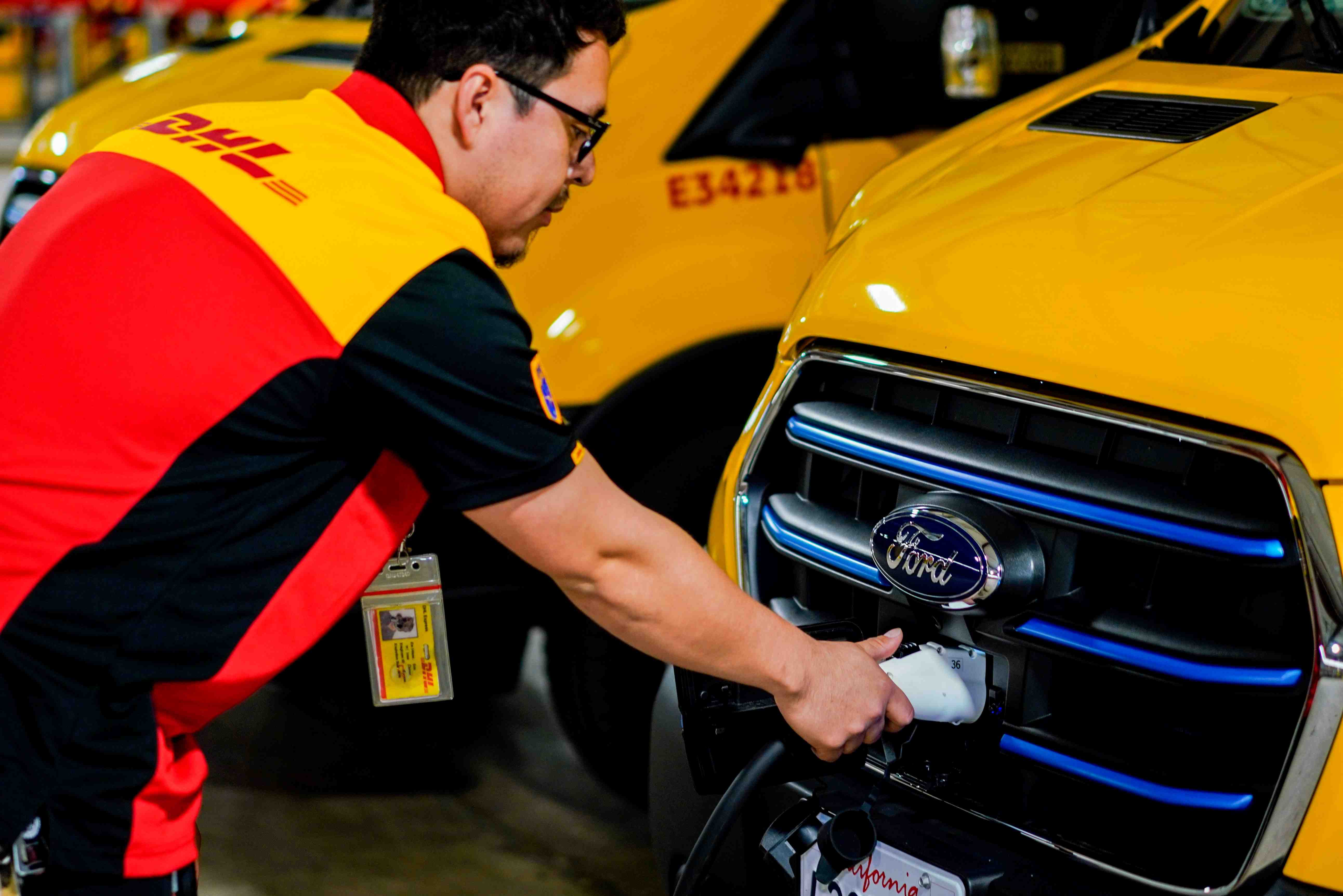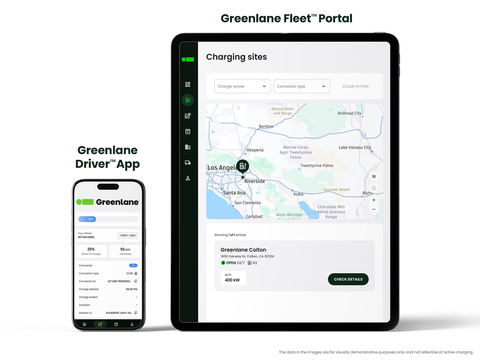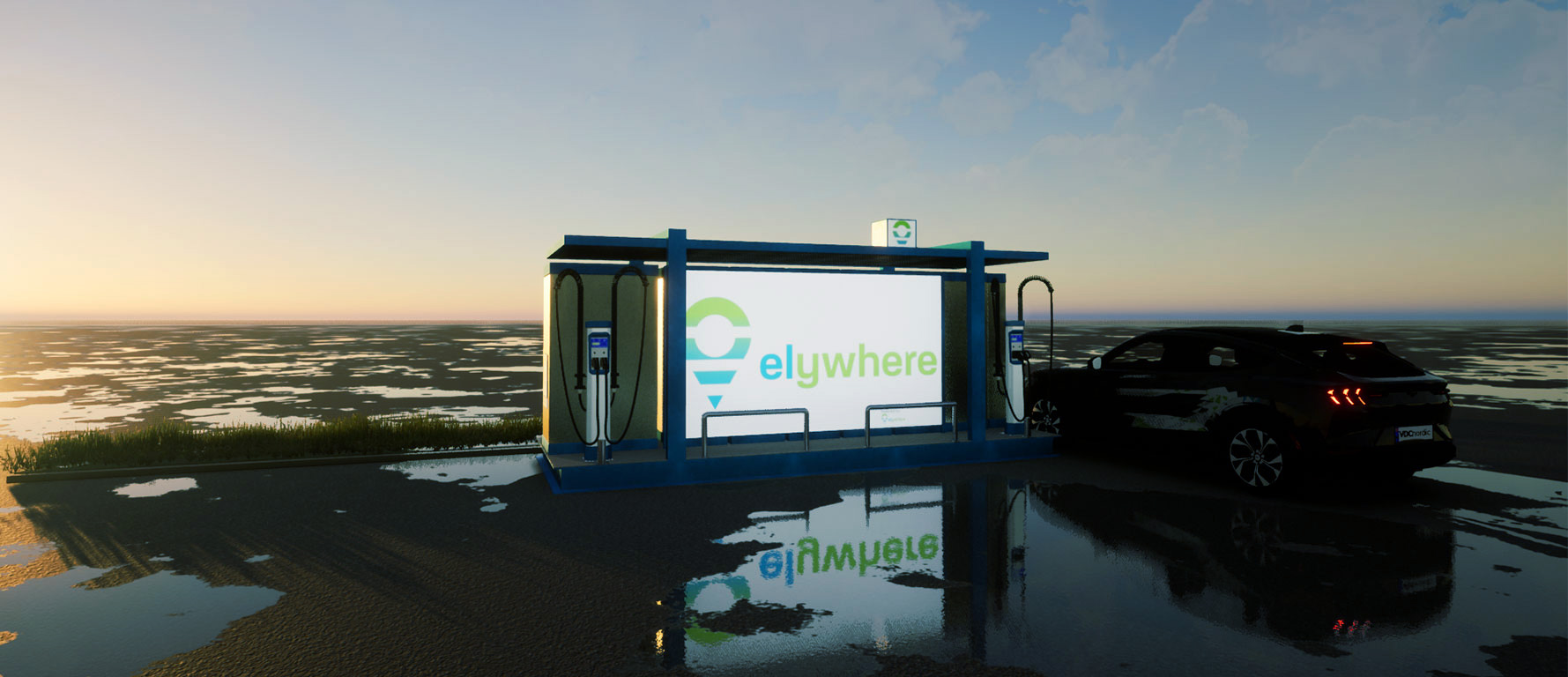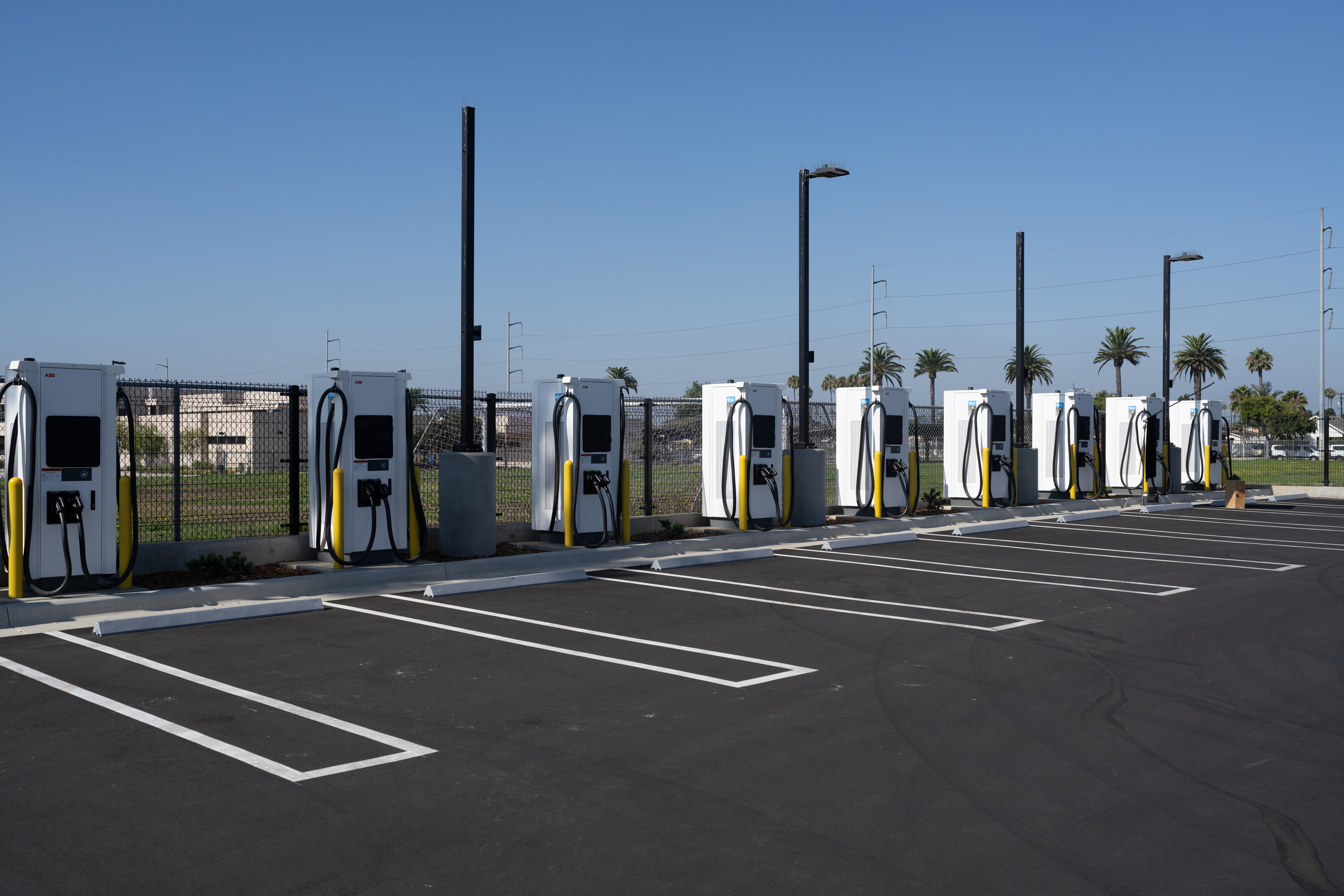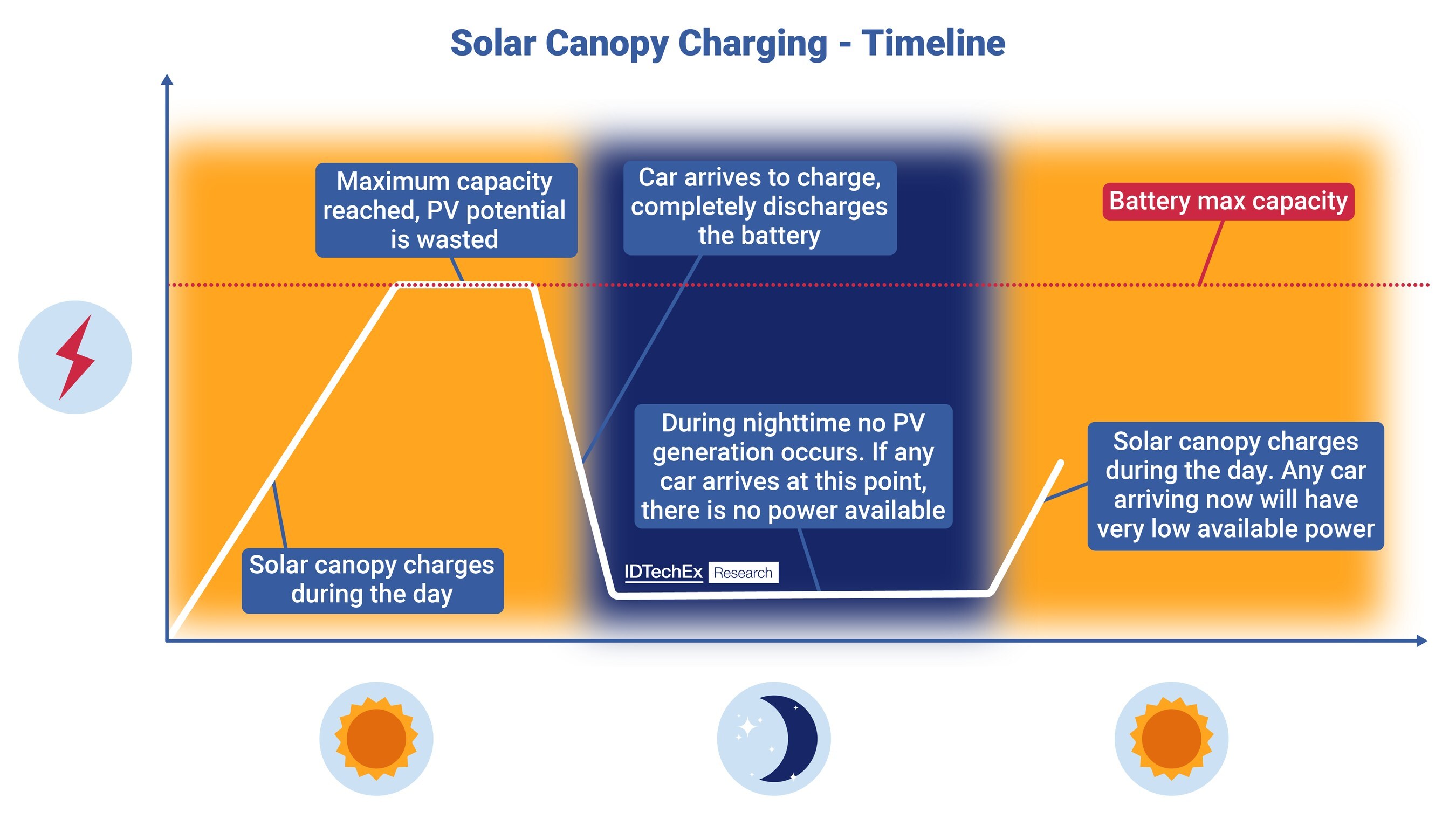
The software, PowerFlex X, will monitor and control the nearly 4,000 charging stations currently in development to increase operational efficiency and reduce overall energy costs. Every EV charging site will be equipped with a discrete and secure onsite controller, which will stream sensor data to the cloud and optimise the system to ensure peak performance.
The electric fleet is owned and operated by Pacific Gas and Electric Company (PG&E), one of the largest combined natural gas and electric utilities in the United States, serving more than 16 million people across 70,000 square miles in Northern and Central California.
Approximately 11% of PG&E’s fleet of about 9,200 on-road vehicles are powered by alternative fuels, including electricity. As outlined in its Climate Strategy Report, PG&E has committed to electrifying 100% of its light duty fleet, 50% of its medium-duty fleet, and 20% of its heavy-duty fleet by 2030.
PowerFlex X will provide PG&E with a customer portal showing real-time monitoring, historical reporting, alerts, and dashboards, where they will be able to track energy savings, EV charging metrics, and GHG reductions.
The platform includes intelligent algorithms, called Adaptive Load Management (ALM), that distribute and balance energy usage across EV charging networks to mitigate spikes in electricity demand. This grid-friendly EV charging tactic enables PG&E to install up to four times the number of chargers compared to unmanaged charging with the same onsite power limit.
PowerFlex provides 24/7 monitoring and guarantees 98% uptime for charging. Other supporting services include enrolling the EV charging sites to participate in demand response events (such as California’s Emergency Load Reduction Program) for all the chargers to support the health of the grid during peak summer electricity usage periods.
The first EVSE installation is expected to be completed by the end of 2023, with a schedule of roughly one site installation a month afterwards.



